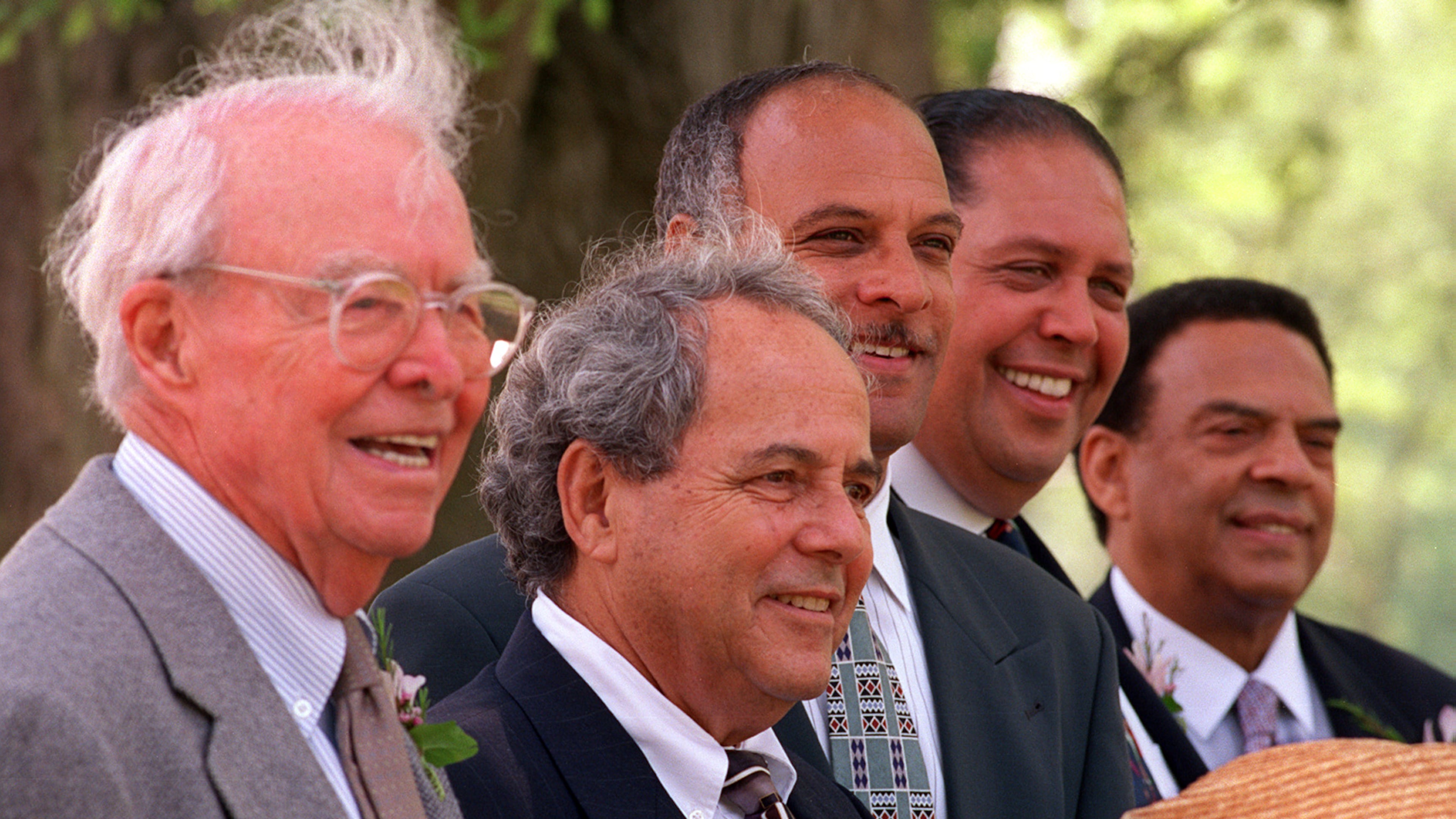Could Atlanta elect a white mayor in 2017? Does it matter?

Atlanta has had a succession of black mayors for the past 44 years — the longest unbroken string in the country. That may change in the city election Nov. 7, just six months from now.
White millennials and empty nesters, looking to avoid long commutes and yearning for a more urban lifestyle, are moving into the city at the same time that the black population is ticking downward. That has resulted in a white voting population that is close to parity with the black voting population.
» Graphic: Watch as demographics change in Georgia
But experts say race may not have the impact it had in the past. Voters are more interested in pocketbook issues than the skin color of the candidate.
City Councilwoman Mary Norwood, who is white, nearly won the mayor's race in 2009 and is in the lead this year. Fellow Councilman Kwanza Hall, who is black, has held onto his seat as his district — Old Fourth Ward — has switched from majority black to majority white over the past decade.
“Voters are focused on issues that are important to them,” said William Boone, a political scientist at Clark Atlanta University. “The racial divide does exist in Atlanta, but the importance of voting along racial lines is shifting.”
» RE:Race: Profound racial change sweeping the state
Note: Commenting for this article is being moderated by AJC editors.
 The friends and enemies of Atlanta's mayors
The friends and enemies of Atlanta's mayors
Tracing some of the most influential alliances, feuds, and proxy wars that have made up the political machine that Maynard Jackson built.



